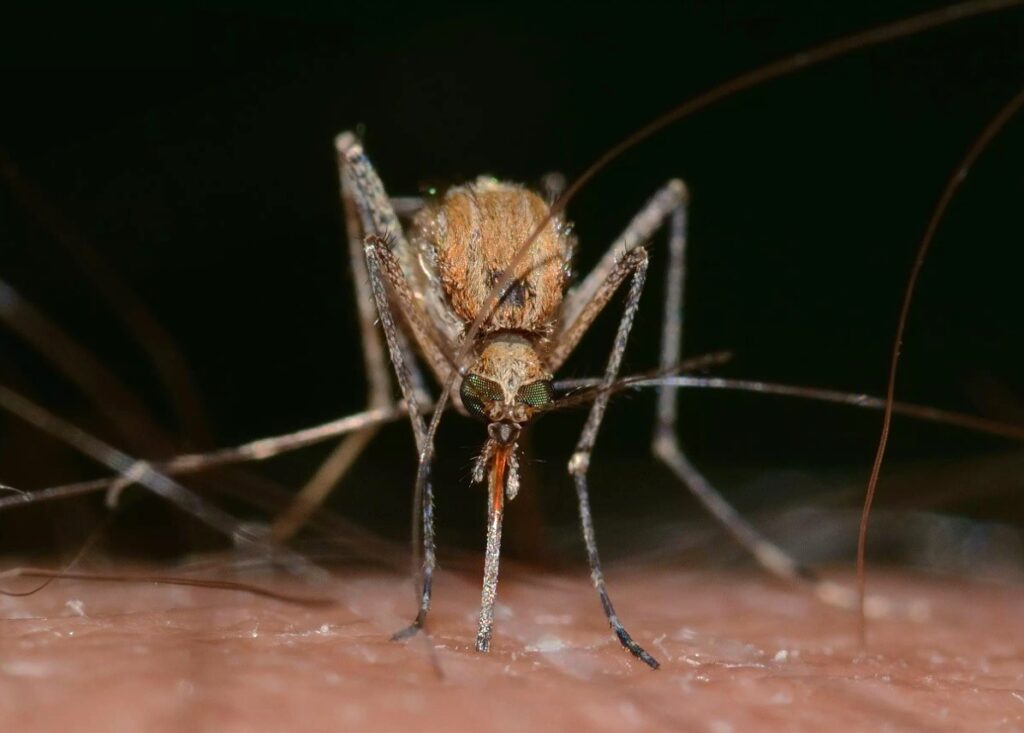
After the Near East University Hospital made the first diagnosis and informed the Ministry of Health, it was officially announced that the “West Nile Virus” was detected in Nicosia. While West Nile Virus, which is seen seasonally in many countries around the world, is transmitted to humans by mosquitoes, it is not transmitted from person to person. Near East University Hospital Infectious Diseases and Clinical Microbiology Specialist Prof. Dr. Kaya Süer, who is treating the cases detected in TRNC, announced that they treated three patients with a diagnosis of “West Nile Virus” and informed the Ministry of Health about the issue.
While two patients were discharged in good health, the 82-year-old patient died.
Providing information about the general health status of the patients, Prof. Dr. Süer said, “”Central nervous system involvement was detected in the 3 patients we followed with Neurologist Şahin Işık and Prof. Dr. Mehmet Özmenoğlu from Near East University Hospital Neurology Clinic and as a result of the differential diagnosis studies, it was confirmed that they were infected with West Nile Virus. Two of the patients who received treatment were discharged in good health. Unfortunately, our third patient, who was treated in the intensive care unit of Near East University Hospital, died at midnight on Saturday.” Prof. Dr. Kaya Süer emphasized that the probability of involvement in the central nervous system in West Nile Virus cases is 1 percent and said, “Our patient, who died at the age of 82, also had West Nile Virus involvement in the central nervous system.”

80 percent of cases show no symptoms
Near East University Hospital Infectious Diseases and Clinical Microbiology Specialist Prof. Dr. Kaya Süer also gave important information about West Nile Virus. Pointing out that the clinical pictures caused by West Nile Virus may progress differently, Prof. Dr. Süer said that approximately 80 percent of the cases proceed without any symptoms. Stating that clinical symptoms are detected in only approximately 20 percent of the cases, Prof. Dr. Süer stated that in only 1 percent of cases, the central nervous system is involved and this situation can have serious consequences.
Prof. Dr. Süer stated that the incidence of West Nile Virus increases in periods when mosquitoes are common. Prof. Dr. Süer said, “This disease, transmitted by mosquitoes, may not be seen in large numbers because it does not pass from person to person.”

Prof. Dr. Süer stated that the incubation period of the disease is between 3 and 14 days on average “following the mosquito bite” and that the clinical symptoms detected in 20 percent of the cases are; sudden onset of high fever, muscle and joint pain, feeling of fatigue, headache, pain often felt behind the eyeballs, nausea, vomiting, rarely skin rashes and enlarged lymph nodes.
Prof. Dr. Süer: “Central nervous system involvement is seen in only 1 percent of all cases.”
Stating that central nervous system involvement in “West Nile Virus” is seen at a rate as low as one percent, Prof. Dr. Süer said “‘Central nervous system involvement’ is defined as the ‘severe form’ of the disease. Patients with central nervous system involvement are generally patients over the age of 60. Research shows that 10 percent of cases with central nervous system involvement die. Research on the gender of people with this severe form of the disease indicates that the incidence is higher in men.”